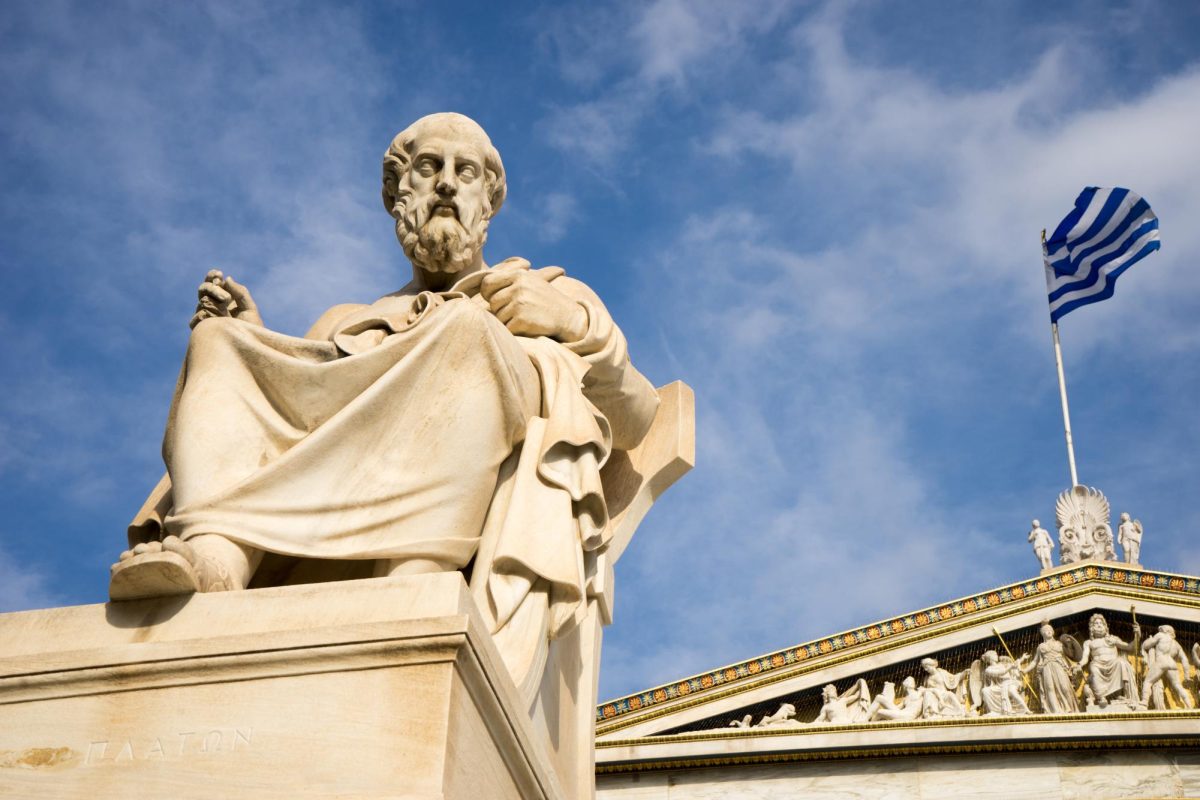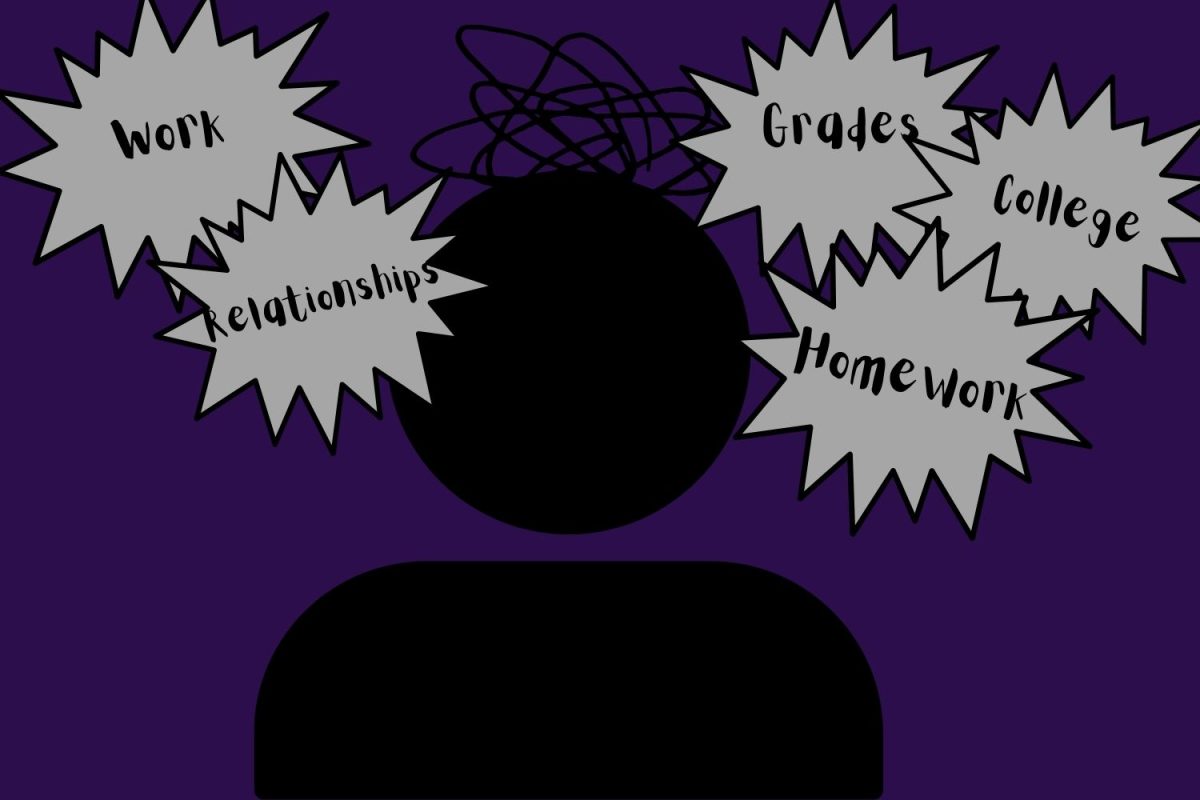Most people have heard about the protests that rocked Egypt. The corrupt leader, Hosni Mubarak, finally stepped down after 30 years of holding power over the country. Not quite as many people heard about Tunisia, where their leader, Zine al-Abidine Ben Ali was deposed after reigning for 23 years.
But what about the protests in Libya and Iran? Or Bahrain, Syria, Oman, Yemen, Saudi Arabia, Jordan, Algeria, and Morocco? Two revolutionary protests in Egypt and Tunisia have not only given those two countries hope of democracy, but have set off a chain reaction of protests in the Middle East and Northern Africa.
Protests are still ongoing in Tunisia, where the president has already stepped down. Violent responses by the authorities, such as opening fire on protestors, have angered the country’s population and triggered more and more protests. Their interim prime minister, Caid Essebsi, dissolved the secret police service in the country and has announced that there will be no members of the old regime in the new government.
Egypt seemingly found a solution to democracy when they overthrew Hosni Mubarak, but lately, it seems as if unrest is rearing its head yet again. Egyptian groups have gone back onto the streets to protest, since the military has not been meeting the protestors’ goals and corrupt officials are still in office. In the past few days, a group of men in plain clothes have attacked a group of pro-democracy protestors who were gathered in Cairo, the first violence since Mubarak stepped down.
Libya has also captured the attention of the media lately. The leader, Col. Muammar Gadhafi, has lost almost all control of his country, but is still threatening to incite a civil war and kill as many of his people as he can before he is forced out of the country. Most of the cities in Libya have moved into the control of the protestors, but Gadhafi is still battling for the capital, Tripoli. Protestors have been rounded up and shot, attacked by fighter planes and tanks, and bombarded with tear gas. Foreign workers trapped in the country have been singled out and attacked, since people believe that they might be mercenaries. The United Nations recently passed a resolution that allowed countries to protect civilians in Libya, and military officials have stated that Gadhafi is not targeted in their bombings.
Saudi Arabia has also been rocked by the protests in the area, and King Abdullah has been feeling the pressure. If both Bahrain and Libya lose their current leaders, then his country will undoubtedly be next in line. In an attempt to stop the protests, King Abdullah first announced that there would be benefits for citizens, such as extra funds for housing, studying abroad, and social security. When this didn’t stop the protests, the country announced a ban of protests in the country. State television declared that security forces would not hold back to make sure there are no attempts to disrupt public order.
Could this be an age much like the era when colonies revolted against their mother countries to gain freedom? Corruption could be the new imperialism, rebelled against and overthrown by those who follow the example of successful protests and revolutions.
The modern world is at the precipice of a new age. Democracy is spreading rapidly in the world, and before we know it, we may be dealing with Muslim democratic nations. Now is not the time for citizens of the United States to be ignorant of the revolutions sparking in the Middle East and Africa.
So, what exactly am I trying to say here? Simply put, with the current protests, the Middle East has many western countries, including the United States, in a choke hold. Oil prices are rising, tourists and politicians alike are struggling to escape these countries, and international activities are being brought to a screeching halt. Every American should be paying attention to these protests nearly halfway around the world, because they could turn out to be a lot closer to home than we thought.






